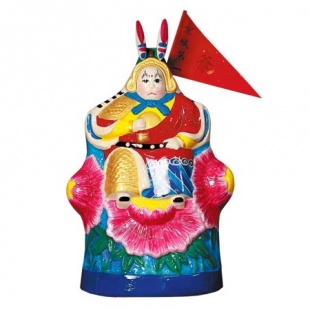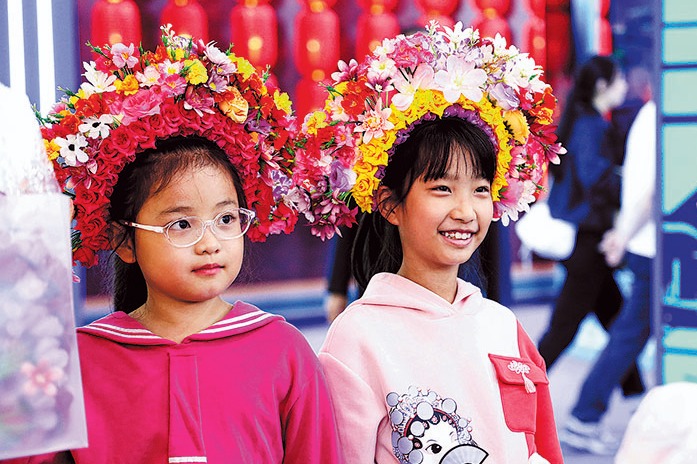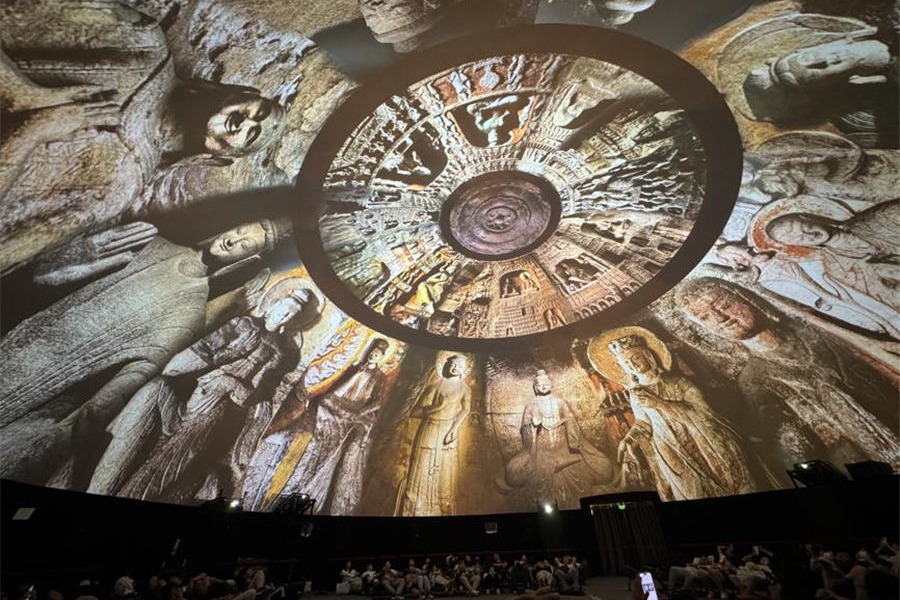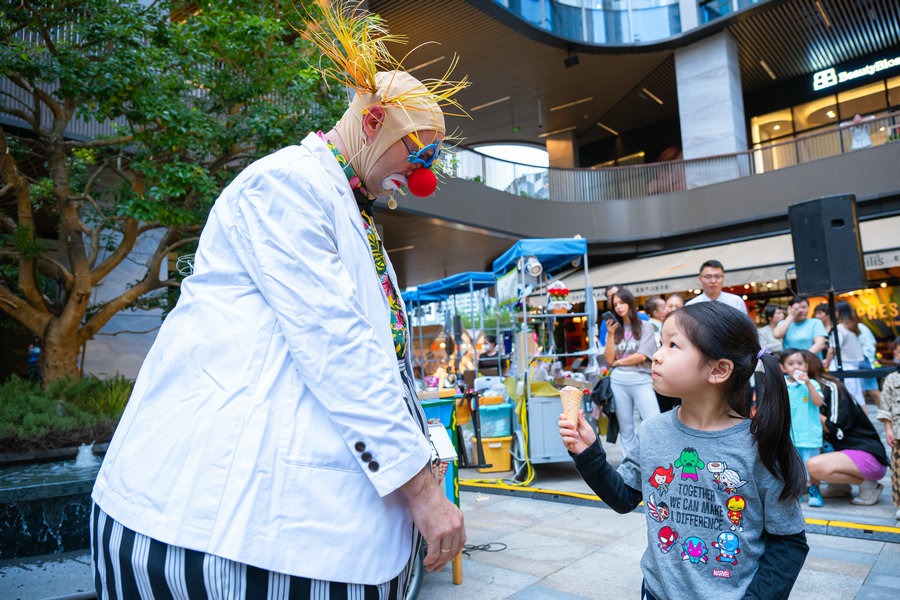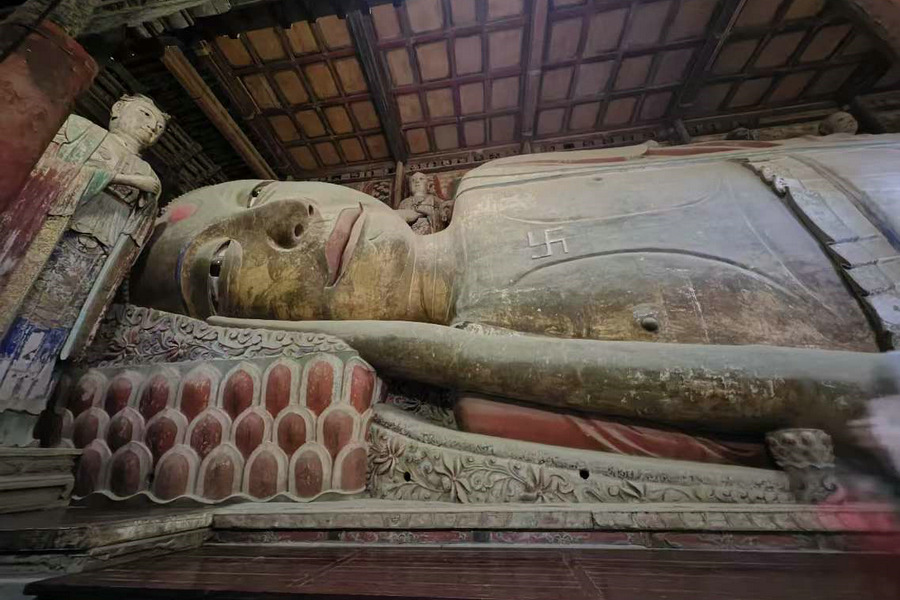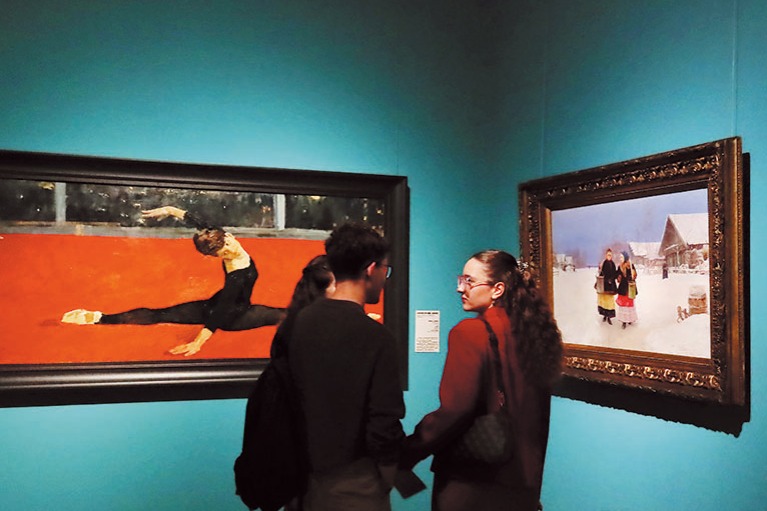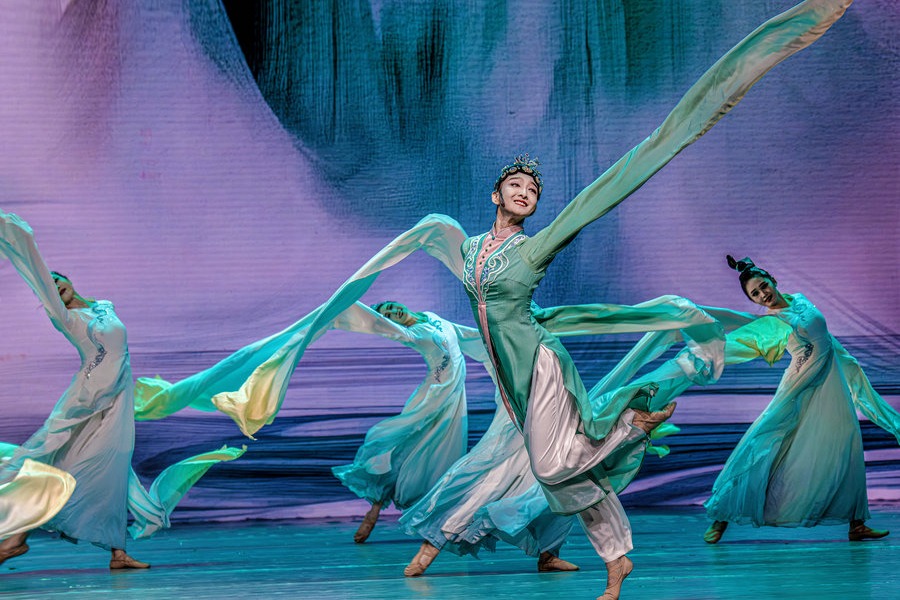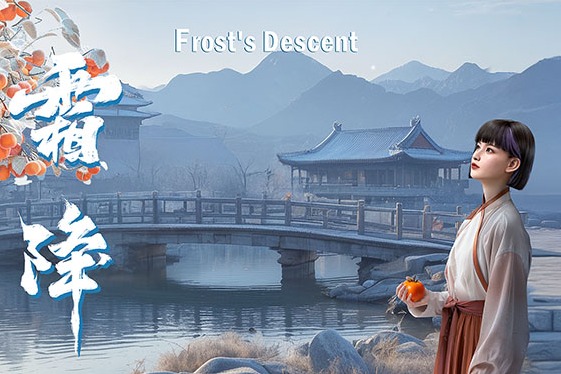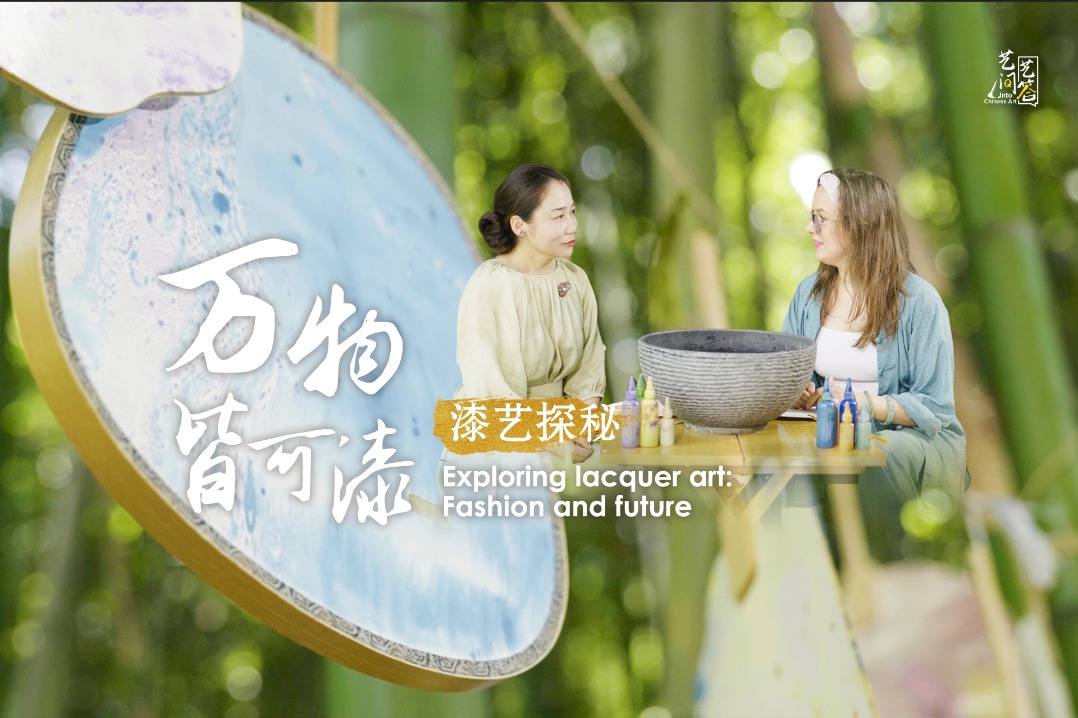Figuring out a legacy for Lord Rabbit

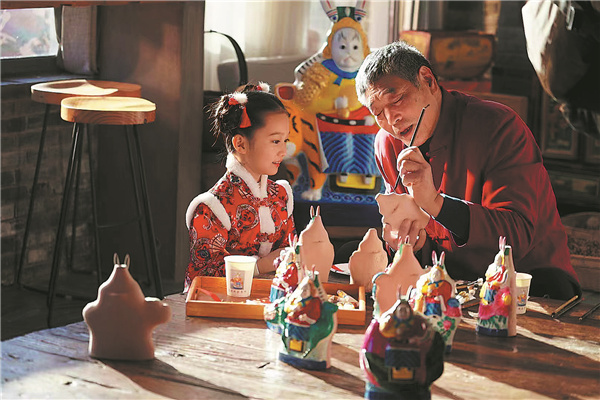
Craftsman Shuang Yan strives to ensure that long-established festival totem continues to thrive in contemporary China, Yang Feiyue reports.
Colorfully painted sculptures jump into view when one sets foot in Shuang Yan's home in northwestern Beijing's Yanqing district.
In particular, rows of delicate rabbit figurines take up a large area of his study, where Chinese writing brushes, pigment and other art tools are scattered around.
The arrival of the Year of the Rabbit has made Shuang busier than usual, as his expertise in a time-honored tradition has been given a brighter spotlight.
For approximately five decades, the Beijing resident, in his 60s, has committed himself to the creation and inheritance of Lord Rabbit, known as Tu'er Ye in Chinese. The character features a human body with a rabbit's ears and mouth.
While Roger Rabbit and Bugs Bunny are popular in the Western world, Lord Rabbit rules Beijing.
"It has been a mascot for many households in Beijing," says Shuang who has been exposed to the art since he was 7.
The rabbit god is not only a local handicraft that symbolizes happiness and good luck, but also a popular clay toy for children during traditional festivals.
"I have given lectures on Lord Rabbit's cultural significance everywhere, especially since Spring Festival arrived," Shuang says.


